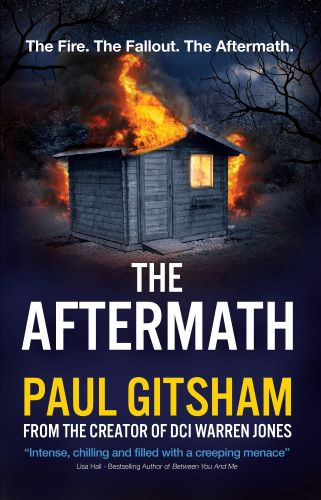Chopping The Count
Excising Invisible Words

I knew as I wrote it, that this would be a big first draft. The nature of the story was such that it had many individual components. Because I write out of sequence, I find it easier to write each component individually, and then stitch them all together at the end.
For that reason, I wasn’t overly concerned when the word count surpassed 160,000. For comparison, my full-length novels are probably in the upper half of the genre’s typical length, and their word count is between 120 and 130,000.
Getting rid of 25,000 words wasn’t that hard. Writing each component separately meant there was a lot of easy to identify overlap, for example, scenes common to each part. I only need to describe them in detail once. Subsequent retellings can be pared down to a paragraph, or even just a mention that it took place. As previously described [TuesdayTips 27, 28, 29 & 30], some darlings needed to be killed. Other scenes that weren’t strictly necessary for the plot, but gave good character development, were cut and saved for a later book.
But I still needed to trim at least 5,000 words. My beta-readers were really helpful here. They identified some repetitive phrases, found some more scenes that could be lost without impacting the story, and highlighted some overly verbose sentences.
I was now down to 133k.
Time to roll up my sleeves, save a new copy of the document, and start editing every sentence. But before I did that, I could easily remove some excess baggage.
Excising invisible words.
All writers have their own unique style. But within that, there are inevitably some bad habits. I will state with great confidence that even the world’s greatest authors, famed for their beautiful prose, have at least some bad and sloppy writing habits that had to be fished out in the edits.
One of those habits is the over-use of certain words and phrases. We’re all different, but we all do it. In these days of Find and Replace, it’s not hard to find the eight uses of “misconception” scattered through the document and swap a few of them for other synonyms. But how do you know which words you over-use? Often these words are invisible to you; verbal ticks if you like. A good editor will probably notice some of them and tell you before your readers see the finished product, but why not get rid of them now? You may even trim the word count a little more!
There are a number of online tools that can help with this. All you do is copy your manuscript into a text box and the program will churn through and count every instance of a word. Some of the more sophisticated ones are capable of identifying phrases. I like https://countwordsfree.com/. For ease of use, I copied the output table into a spreadsheet, so I could play with it a little more.
The first couple of dozen words listed contain few surprises. In my books, “Warren” appears rather a lot (1154 times). But so do others, such as “have” (897), “with” (888), “they” (808), “from” (506) etc. There’s not a lot you can do here.
But after that, there are other words that are less common and more likely to be a quirk of your own writing style.
For me, they would include “nonetheless” or “interjected”.
I can find these easily and replace or delete them.
Then there are the really invisible words, and you’d be amazed how many are unnecessary. The word that shocked me most was “that”.
It appeared a whopping 2,430 times in my document!
Of course, it’s a very useful word. But it can also be a superfluous word.“What happened when you told her that she was under arrest?”
“What happened when you told her she was under arrest?”
Would you notice the difference when reading, especially since it is in dialogue? You can’t do a blanket edit and delete them all, but you’d be amazed how many you can excise.
I removed over 800 – that’s one in three!
Even better, I found that revisiting those sentences to remove that, without screwing it up, identified other opportunities to tighten the prose. It took a couple of hours, but by the time I finished, the wordcount was reduced by about a 1,000.
A similar trick with “just” removed another 60.
There are other invisible words that can also disappear. For example the word “a”. Now I’m not going to suggest that you identify every instance of “a” in your manuscript – there’s a reason these tools have a filter for smaller words! But as you tighten a sentence, ask if it’s necessary.
Here’s one I tweaked recently.
“There were a lot of gaps that needed filling”
“There were lots of gaps that needed filling.”
Swap the “a” as a standalone word, for an “s” on the end of lot, and you’ve lost another word!
What about “and”?
Can you replace it with commas? Can you join two sentences with a semicolon?
Although a chore, reducing word count is sometimes necessary to keep your publisher happy. It also has the added bonus that it can make the narrative more punchy, which is especially useful for fast-paced, thrilling scenes.
Caveat.
It’s easy to get carried away (not too carried away, that’s a tautology, so you don’t need the word “too” 🤣). I go by the rule that my narrator can be as concise and efficient as needed, but that for dialogue, you need to consider how people would speak in real life.
Do you have any tricks or tips that you use to reduce your word count?
Feel free to comment below, or on social media.
All the best, Paul.



















